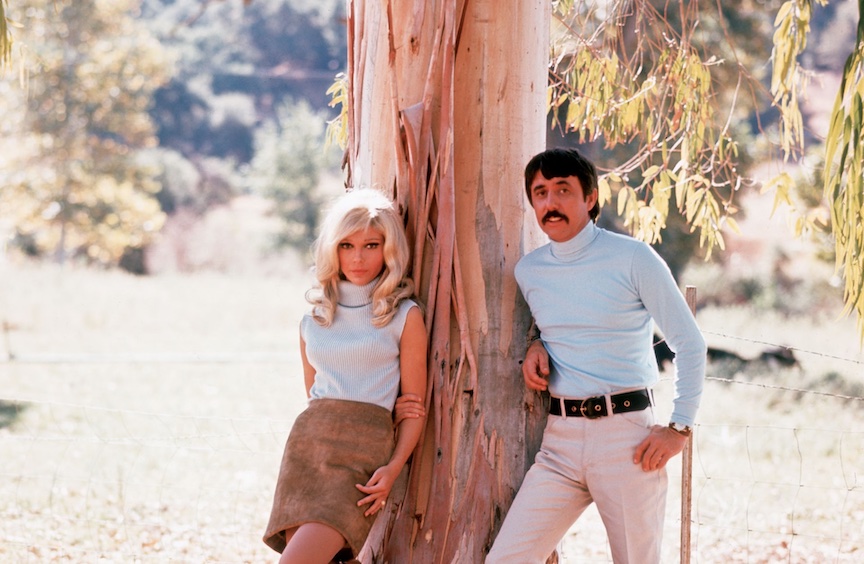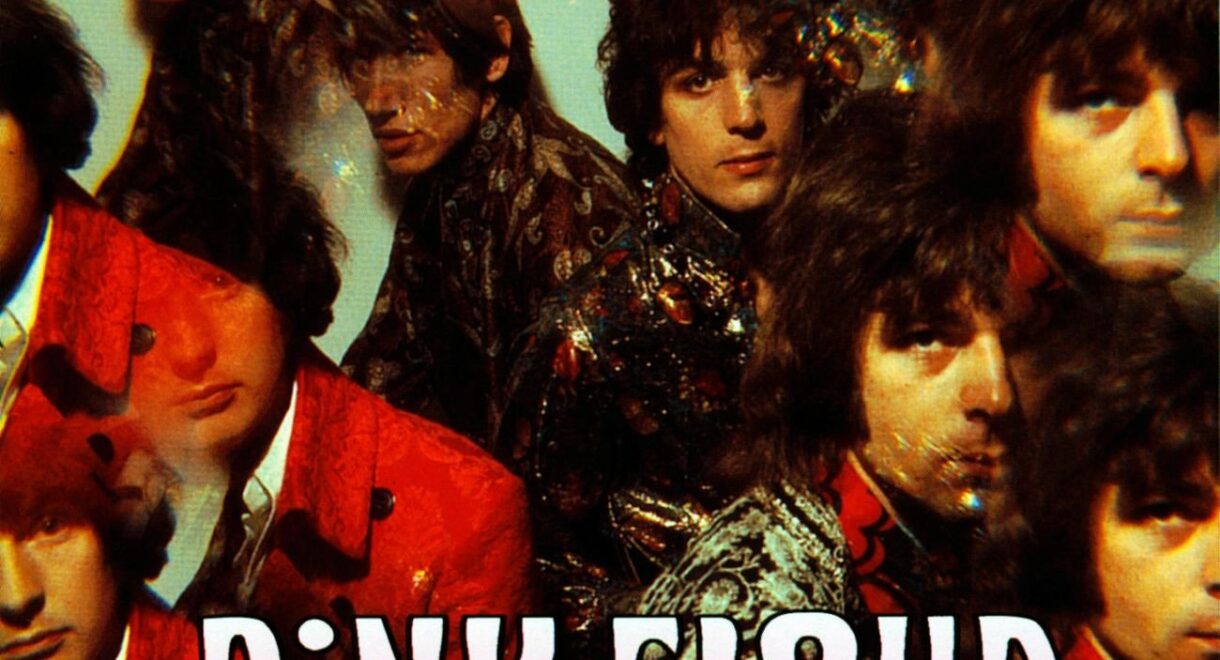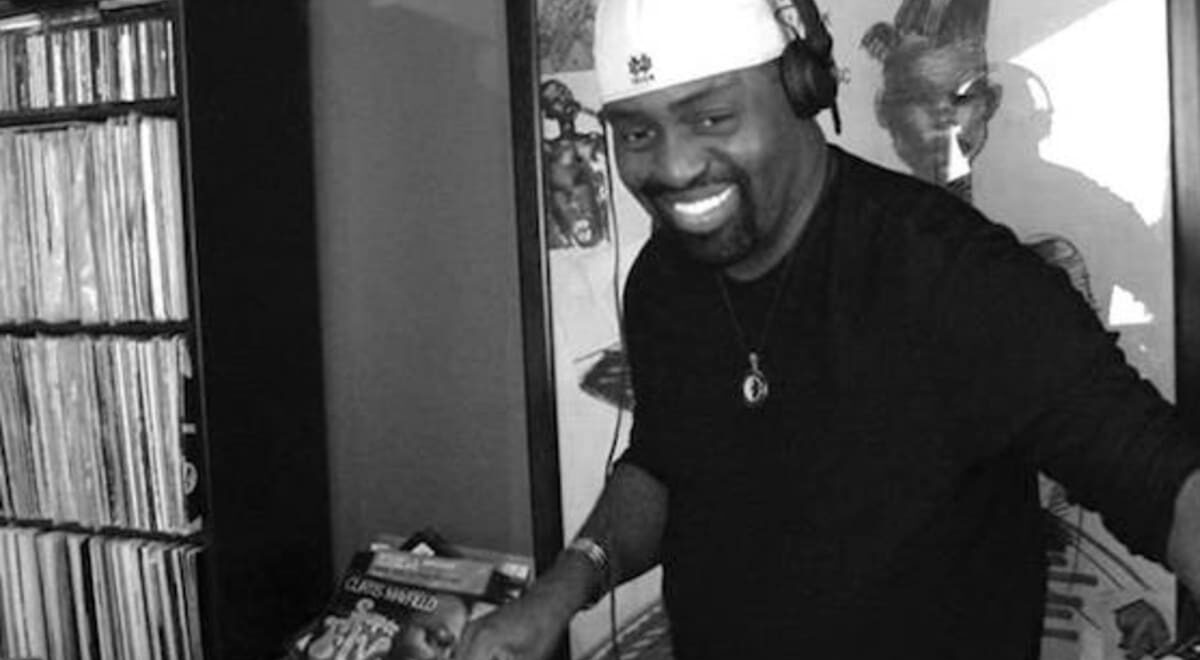The epic performance still rips 52 years later. Maybe it’s because this post is being written from Southeast Iowa, where classic rock permeates the landscape as if being […]
Collection Deep Dive: Nancy Sinatra and Lee Hazlewood’s ‘Nancy & Lee’

There are records that are as potent as psychedelics. Records that whoosh you into another realm the moment the stylus locks into the groove, embrace you in their ever-loving melodies and rhythms, present dilemmas and ideas, convey hidden messages and sonic delights that you and you alone understand.
Nancy & Lee is one of them, and an essential psychedelic country pop record in our In Sheep’s Clothing NYC collection. As a way to illustrate the breadth of the holdings at our recently opened spot connected to Port Sa’id, we’re highlighting sounds you might hear (at proper volume, as always) when coming by for an afternoon or evening respite. Close your eyes. It’s 1968. Imagine yourself in an oasis, one with perfect sound. “Some Velvet Morning” comes on the system. Hazlewood has Phaedra on his mind. Sinatra is thinking about flowers.
“I wanted it to go into the waltz. I had some personal problems with people telling me, ‘I really like the song you wrote Lee, you can really dance to it,'” Hazlewood said of the song in a 2011 interview with the Arts Desk’s Kieron Tyler. “I don’t like people dancing to my music. I was being very contrary. The next thing I sat down to write happened to be that song and I go, dance to this sons of bitches.”
He continued:
Phaedra is of course a Greek goddess, and she had a sad ending and beginning. She became the most interesting to me in the little mythology thing I like to do. What started it to me was, every night I read to my children the Greek mythology stories – I thought they were a lot better than all those fairy tales that came from Germany that had killings and knifings. So that’s where my interest was, and there was only about seven lines about Phaedra – she had a sad middle, a sad end, and by the time she was 17 she was gone, she was a sad-assed broad. So bless her heart, she deserves some notoriety, so I’ll put her in a song. The meaning is that she’s the saddest of all Greek goddesses, so little is known about her except that she was so miserable, but what a great lady.

“We used to call it beauty and the beast!,” Sinatra told Light in the Attic, which last year reissued the record, of her and Hazlewood’s years-long collaboration, the majority of which was released under Sinatra’s name alone. For their two collaborative records, both let their freak-flags fly.
They were abetted by a team of session musicians who injected expert life into each track. They included David Briggs (who went on to produce a string of great Neil Young albums, including Tonight’s the Night), bassist Carole Kaye, guitarist Glen Campbell and drummer Hal Blaine. Check out Blaine’s insane work on Nancy and Lee’s cover of “Tired of Waiting for You” by the Kinks. The track wasn’t included on the original record, but its addition to Light in the Attic’s reissue as a bonus track is a revelation.
Told by Tyler that the Hazlewood-penned songs on Nancy & Lee, “Sand” and “Summer Wine,” “have that brooding atmosphere,” Hazlewood replied, “Aren’t they swell? … They’re all covered up with all kinds of meanings. Everybody used to come up and go, ‘What does this mean?’ and I’d go, ‘What does this mean to you?’ ‘I think it’s de de de,’ and I say, ‘You got it exactly right.’ That way everybody gets a chance to know exactly what the song means – a sort of democracy for listeners. They’d say ‘in “Some Velvet Morning” does this mean…?’ and I’d tell them, ‘Damn, you got it right away.’ ‘Thank you. I was telling my wife that last night. I thought that meant that.’ Having participated in this little bit of theatre they knew the meaning, and God knows – I maybe didn’t.”
Hazlewood spoke of the song’s curious structure, which moves from waltz to 4:4 depending on who’s singing. Speaking with Joe McGinty, Hazlewood was hilariously blunt:
When I wrote it, I did it just for pure orneriness of the musicians, more than anything else. I said “You see the ending here, it goes 4/4 into 3/4. Don’t worry about it because I can cut it together. We’ll do all the 4/4, then we’ll do the 3/4.” Well, about half of them stood up very, very insulted. They really came down on me heavy – “Who do you think we are?” – and they were not happy. They just set up and played right through it. And I go, “Okay, all right smartasses, then we’ll do it your way.” Which I thought might happen. I got a lot of good music by pushing guys and doing stuff like that.
McGinty: By challenging them?
Yeah, and I think some of them knew it, the ones that had been around me. Some of them really got a little bit insulted—that I would suggest that I’d have to cut together something as simple as that. But I’d say, “well, you never know.”
It was nice to know that you had the option.
I knew I could cut it together, but I didn’t think I was gonna have to.










